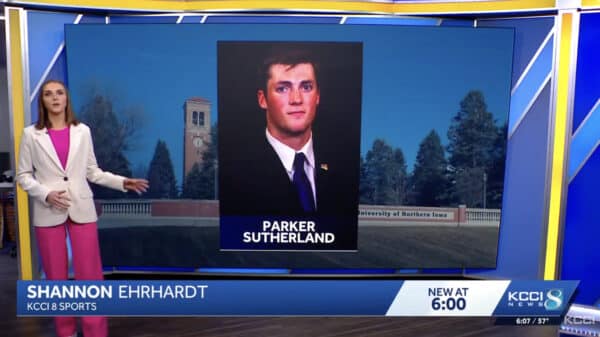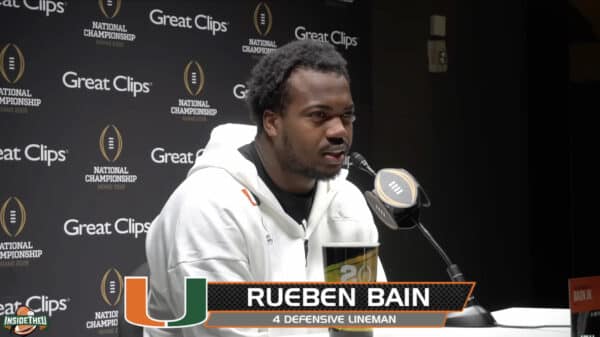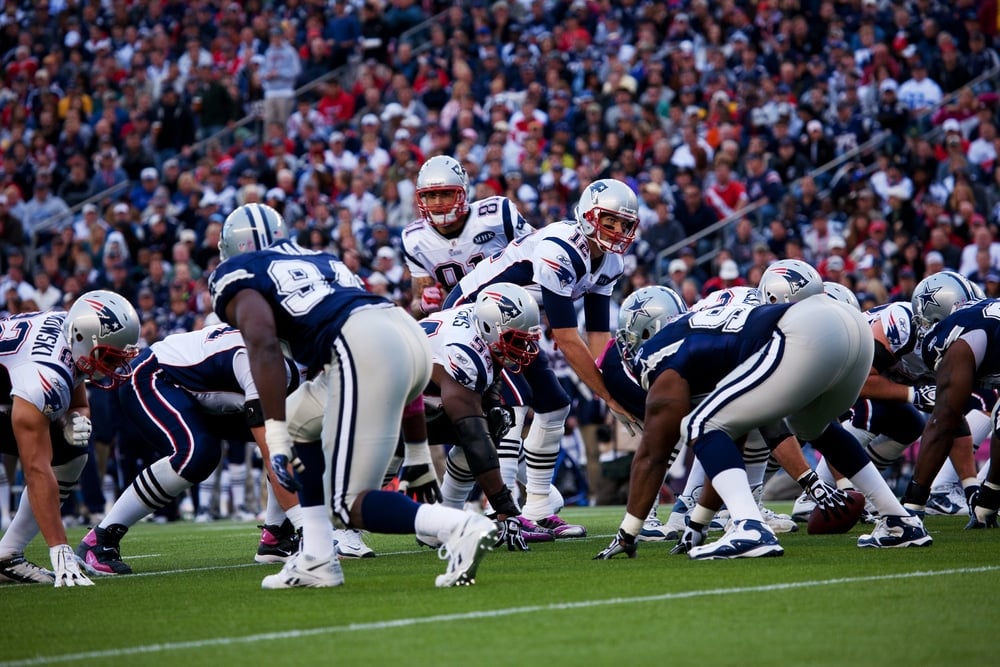For a quarter-century, the Concorde revolutionized transatlantic air travel, dramatically slashing flight times. Now, nearly 25 years after its retirement, the resurgence of supersonic passenger aviation has captured the attention of various industries, including the NFL.
Reports indicate that the NFL is particularly keen on developments in supersonic flight technology. Andrew Beaton of the Wall Street Journal highlighted the league’s gradual interest, a sentiment echoed by Mike Florio of Pro Football Talk.
Companies like Boom Supersonic and a suite of international partners are actively working on commercial aircraft capable of exceeding the speed of sound. The hope is that these advancements will culminate in operational flights by 2029.
If successful, this breakthrough could reshape the NFL’s historically cautious approach to expanding into Europe. With air travel times significantly reduced, the league may find the prospect of establishing European teams more feasible. Florio likened this potential shift to the way the Concorde enabled Phil Collins to perform at both Live Aid venues in London and Philadelphia on the same day, demonstrating the profound impact of faster travel.
Currently, the NFL does not have concrete plans to establish franchises across the Atlantic. Nonetheless, as noted by Beaton, league officials are vigilantly monitoring advancements in ultrafast aviation, as travel logistics are a cornerstone challenge to international expansion.
Challenges Beyond Travel
While reducing travel time is significant, it’s not the only hurdle the league faces. Taxes, fluctuating exchange rates, long-term housing arrangements for players, and the challenge of persuading athletes to live outside the United States are all critical factors that must be addressed before any successful expansion can take place.
Logistics of Team Travel
Moreover, practical concerns abound. NFL traveling parties for international games can be quite sizeable, often nearing 200 individuals. As Florio points out, Boom’s proposed Overture aircraft is designed to accommodate only 60 to 80 passengers, raising questions about the feasibility of transporting entire teams along with support staff.
International Game Strategy
As it stands, the league’s focus remains on expanding its presence through international games. There are plans to host as many as 16 games each season in various countries. Commissioner Roger Goodell has also mentioned the enticing concept of creating a four-team division in Europe, with London possibly holding two franchises and other countries like Germany, Spain, or France filling the remaining slots.
Quarterback Conundrum
While expansion could streamline the NFL’s international ventures, it’s not without its own set of complications. A critical issue humorously noted by Florio is the scarcity of high-caliber quarterbacks, a fundamental requirement for sustaining competitive depth across all 40 team rosters.
In conclusion, the merging paths of ultra-fast aviation and NFL expansion reveal a complex yet fascinating landscape for the future of football. The league’s ambitions may hinge not just on the technology available, but also on overcoming a multitude of logistical, financial, and personnel challenges.

























